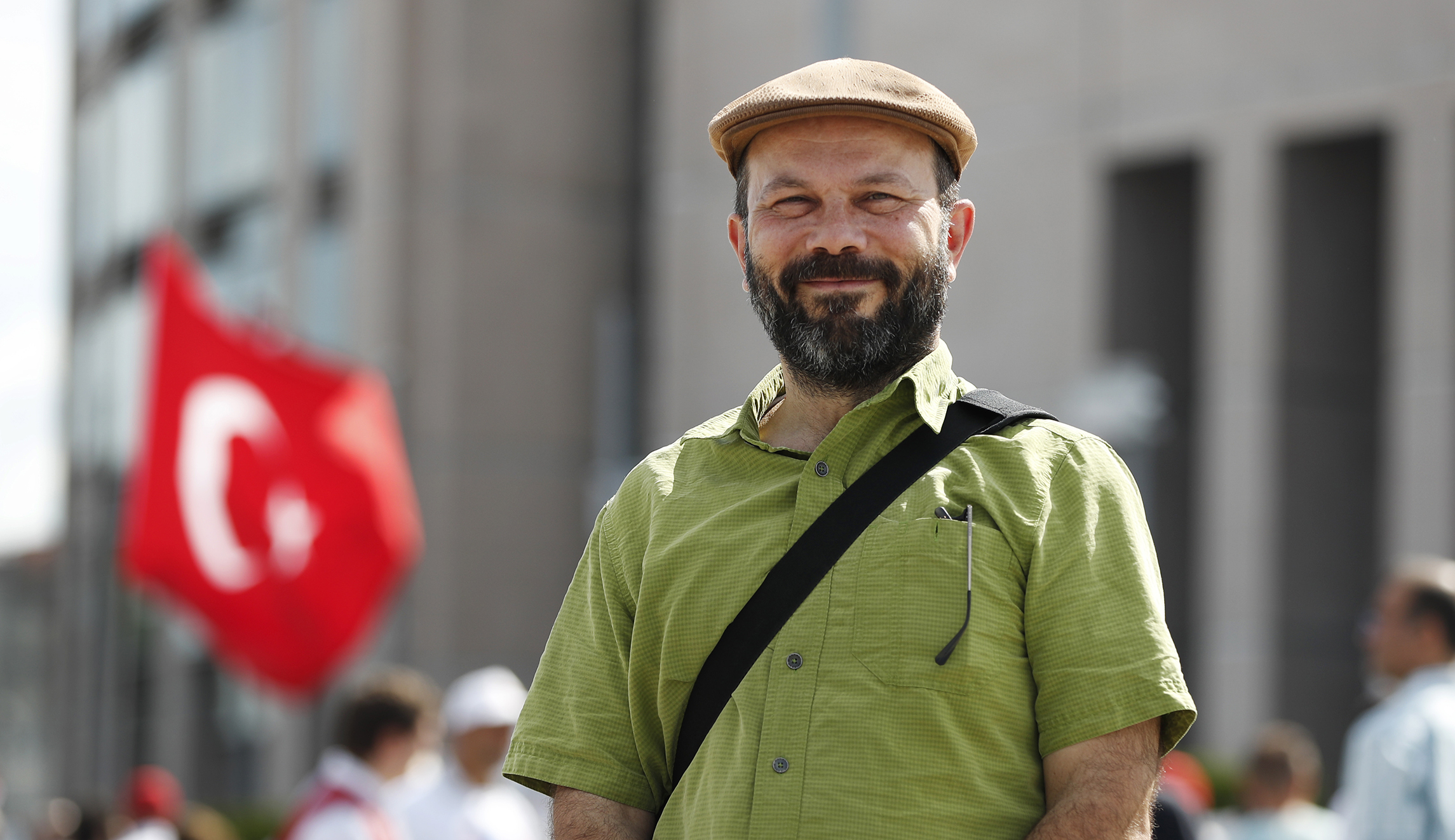The pendulum of Turkish justice that has been crashing academics for their real and invented political dissent since 2016 has swung back. On July 26, the Turkish Constitutional Court, in a stunning reversal, ruled that sentences given to ten Academics for Peace who protested a massacre of Kurdish civilians by the Turkish army violated their freedom of expression.
The verdict has denounced the government charge of “propagandizing for a terrorist organization.” The accusation was aired in public speeches by Turkish President Recep Tayyip Erdoğan who repeatedly called the academics “traitors.”
The ruling was passed by a narrow margin, eight judges for it and eight against. The opinion of the President of the Constitutional Court, Zühtü Arslan, that had to be counted twice in the case of a tie in accordance with the Turkish law, saved the day.
The court also ruled that each of the accused be paid 9,000 Turkish lira (about $1,600) in damages they incurred during the investigation, trials, and imprisonment.
The verdict has been sent to all local courts that issued sentences or have been hearing cases of 646 out of 1,128 academics that in January 2016 signed the petition entitled “We Will Not be a Party to This Crime.” At the time of the verdict, 204 academics have been already sentenced to prison terms ranging from 10.5 months to 3 years. It is now believed that all of the sentences will be suspended.

A few encouraging events preceded the ruling of Turkish Constitutional Court. On July 17, the court in Istanbul acquitted Sebnem Korur Fincanci, president of Turkish Human Rights Foundation and former chairperson of the Institute of Forensic Medicine, of “spreading terrorist propaganda.”
On July 22, Füsun Üstel, Professor of Political Sciences at Galatasaray University and a signatory to the Peace Petition, was suddenly released from the Eskişehir Women’s Prison after serving two and a half months of her 15-month sentence. The rest of her sentence has been suspended.
Some cases remain problematic. Tuna Altinel, Professor of Mathematics at Lyon 1 University in France, was arrested on his visit to Turkey on May 10 on the same charge of “propagandizing for a terrorist organization.” A few months prior to his arrest he served as an interpreter at a public meeting in Villeurbanne, France, devoted to the peaceful solution of Turkish conflict with Kurds. He is awaiting trial at the Kepsut prison despite protests filed by members of French National Assembly and numerous professional and human rights organizations.
Somewhat separate from Academics for Peace is the case of an American citizen, NASA scientist Serkan Gölge. Arrested during his summer visit to Turkey in July 2016, he was sentenced to 7.5 years in prison (later commuted to 5 years) on a spurious charge of assisting the attempted coup d’état. He was unexpectedly released on May 28 following a phone conversation between President Trump and Erdoğan.
Gölge’s release from Turkish prison was as bizarre as his arrest, reminiscent of how mafia deals with people it kidnaps. He was taken to a deserted place in a prison vehicle and let out without any money or phone. He had to walk a long distance to the nearest village, from where he was able to call his parents.
According to Gölge, the detention had a “devastating impact” on his family. Before his arrest, he lived in Houston with his wife Kubra and two small children. He worked for NASA Johnson Space Center after doing postdoctoral studies at the Thomas Jefferson National Accelerator Facility in Virginia. After his release Gölge was prohibited from leaving Turkey. He dreams about returning to his work at NASA. For now, he lives with his parents in Antakya and has to report to the police four days a week. He vows to take his case to Turkish Constitutional Court and European Court of Human Rights to clear his name.
The recent acquittal of Turkish academics by the Constitutional Court brings hope that his ordeal may be over soon.
Eugene M. Chudnovsky is a Distinguished Professor at the City University of New York and Co-Chair of the Committee of Concerned Scientists.
